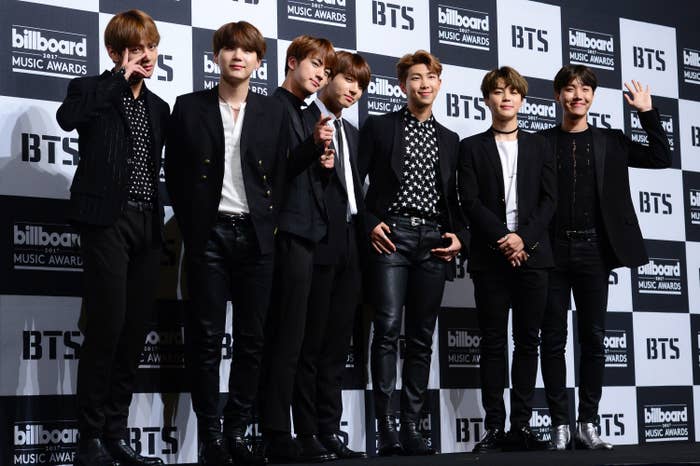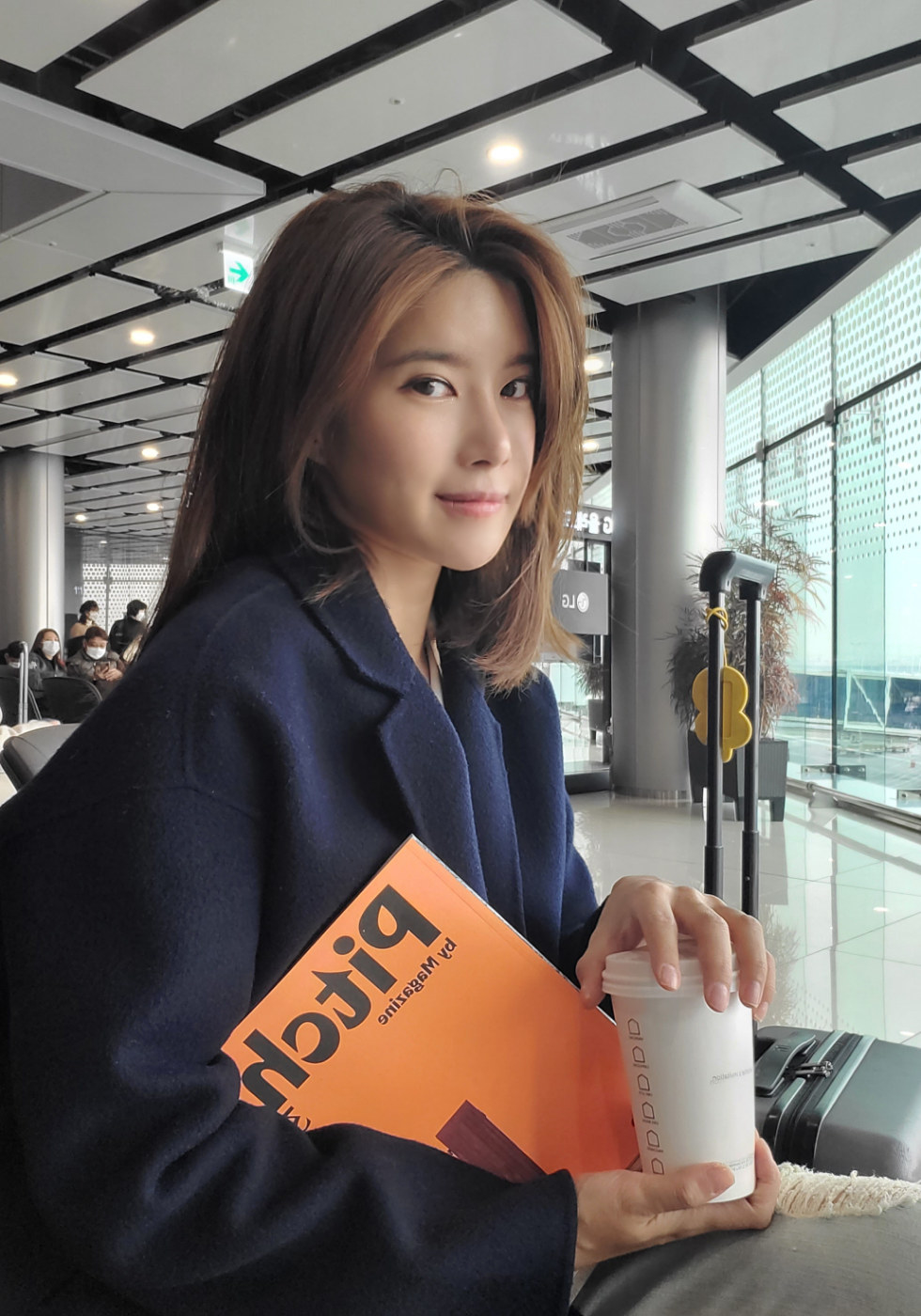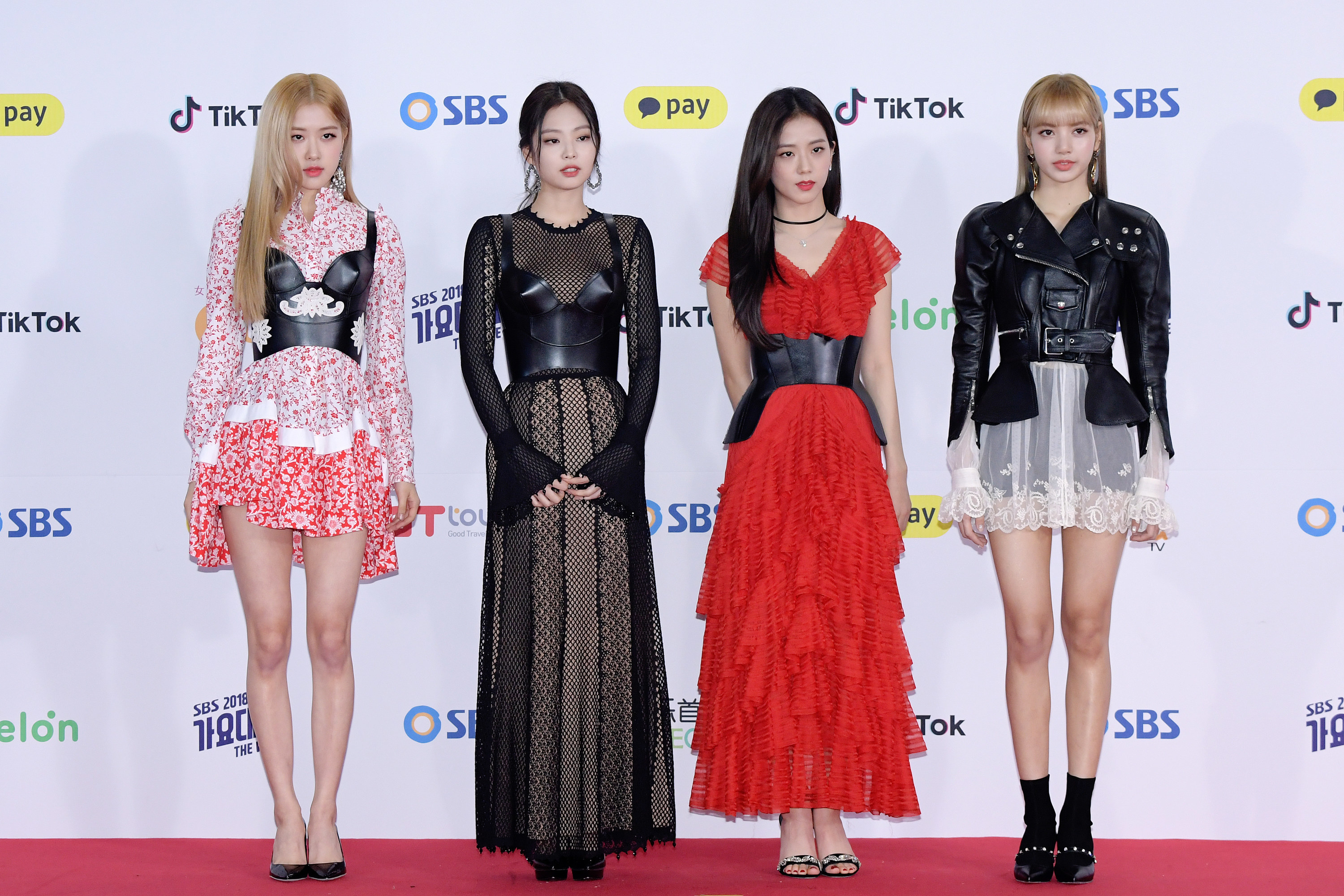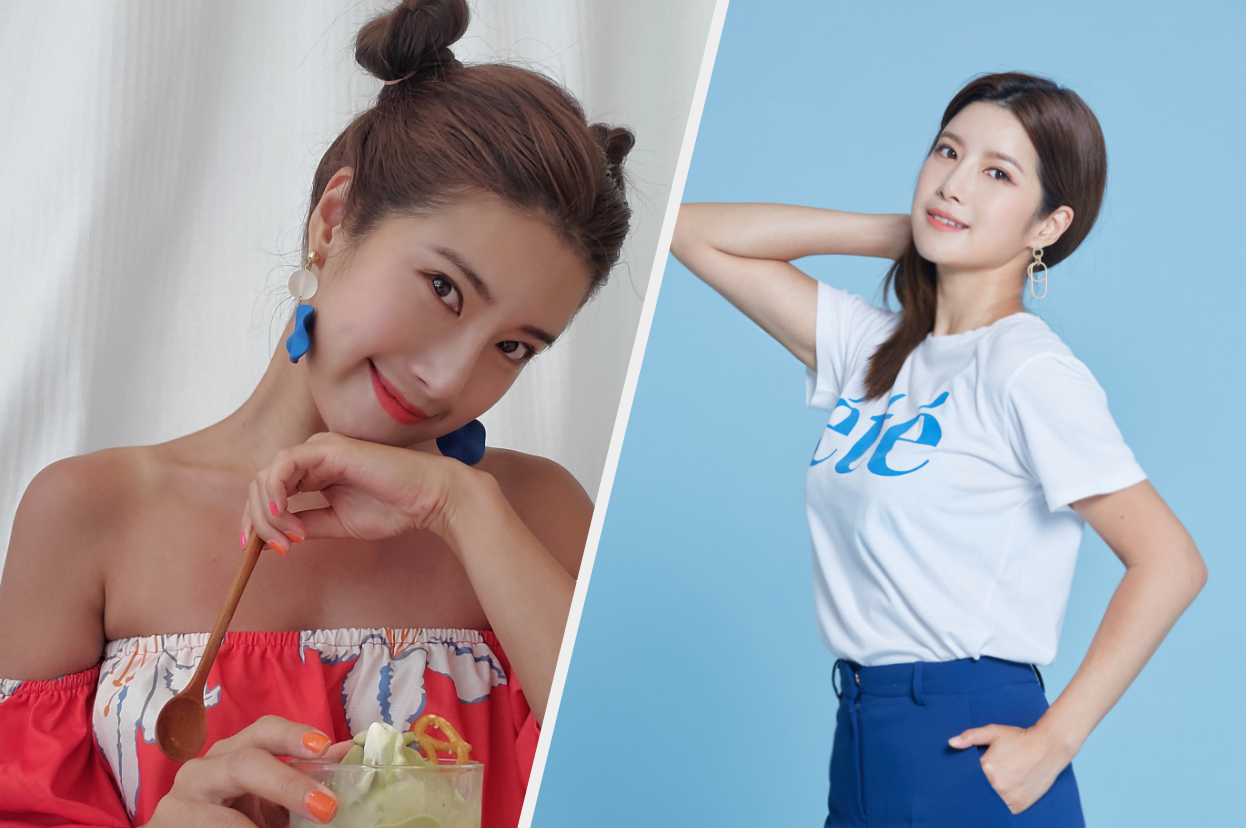Quotes from this post originally appeared in BuzzFeed's K-pop newsletter, Daebak Weekly.
You know K-pop.

From "Gangnam Style" to "Dynamite," this genre of music is now a staple on the US charts and at awards shows. And it’s easily distinguishable from the groups’ combinations of vocals, choreography, and flawless theatrical visual concepts.
View this video on YouTube
Although there are tons of K-pop soloists, the more recognizable identifier of K-pop is still the groups. Usually single-gender, they can be anywhere from 2 people to over 20 — the band NCT has 23 members and multiple subunits!
But what might be lesser known in the West is how these stars are made. That's where our expert Gina Maeng comes in. She's a K-pop lyricist and writer who was part of the "trainee" process that's commonly known in South Korea as the path to becoming a K-pop artist (aka an "idol").

Here's how it works: K-pop groups are usually formed by South Korean entertainment agencies that host auditions both domestically and abroad, searching for talent after the announcement of a new group. They look for rappers, dancers, and vocalists as well as "visuals" — people who are conventionally attractive — to represent the group in modeling opportunities.
The roles have a purpose, though. "In the auditions, the company has to be wise," she says. "If you pick two girls who can do the same thing, you are setting them up for drama. But if you have a rapper, a vocalist, a dancer, who each have their own unique position, they will get along fine. They will know it’s better for their career to work with each other."
The audition process itself has become somewhat of an entertainment event. "I auditioned for a reality show with JYP that they held with the TV network SBS. And after the show, which ran for about four and a half months, we signed with JYP and I trained for about four years there," Gina says.
Lots of reality competition shows, like Produce 101, have become popular in South Korea, with judges choosing or people voting for their favorite hopefuls.
View this video on YouTube
So, what does the trainee process look like? Well, it happens in stages, she says. "If you’re just starting out, you’re just going to do the basic vocal and dancing lessons. If they want you to take acting classes or language skills [English or Korean], they’ll give you a fuller schedule."
And the process is grueling. When idols refer to their "trainee days," they usually reflect on how tough the process is. And Gina agrees: "It was harsh and difficult for everybody. You have to be a great singer, a great dancer; you have to look a certain way."
There's also commonly a dating ban for both trainees and idols alike, as well as some kind of required dieting. And there's no set date as to how long the process will last. For instance, BTS's Jimin trained for 10 months, while Blackpink's Jennie trained for six years.
On top of taking classes and working with your group members, you will also live in a dorm with them — which Gina says was actually kind of uneventful in her case.
All of this gets you closer to your "debut," which Gina remembers as a hectic time. Even before you go public, to build up buzz, "you’ll have photo shoots and meetings with potential investors, or TV shows that you’ll go on. There’s recordings, choreography, wardrobe fittings."

While the trainee process used to be more mysterious, Gina thinks that the growth of K-pop as a global phenomenon has held agencies accountable. "The process is a lot more disclosed than before — [the trainees] know what to expect. Bad companies don’t have that much room to cheat or trick you anymore. And there’s more formalized and standard contracts, so you won’t get trapped. Things are a lot more transparent."
View this video on YouTube
"The pie is getting bigger; the demand for K-pop songs and singers is growing. I think this is going to certainly influence and encourage writers and artists to do better," she adds.
And although the process is still difficult, there's still hope for reform. "The industry is dealing with mental health a lot better than before, because they didn’t do anything about it before," she says. "They didn’t have a concept on what it was. Now people are speaking up. And that's good."

Special thanks to Gina for contributing her knowledge and expertise! You can find more about her personal experience as a trainee on her YouTube, and follow her on Instagram.
You can also read BuzzFeed News' interview of previous trainee Katherine Lee here, and don't forget to subscribe to Daebak Weekly for more K-pop coverage.



